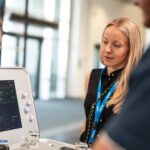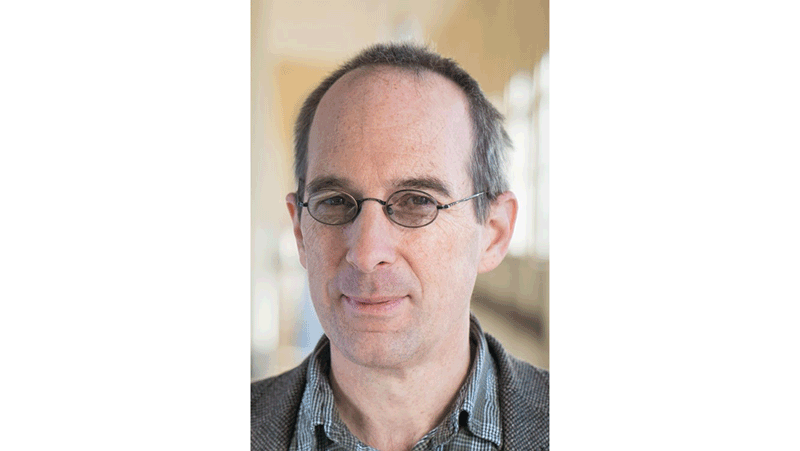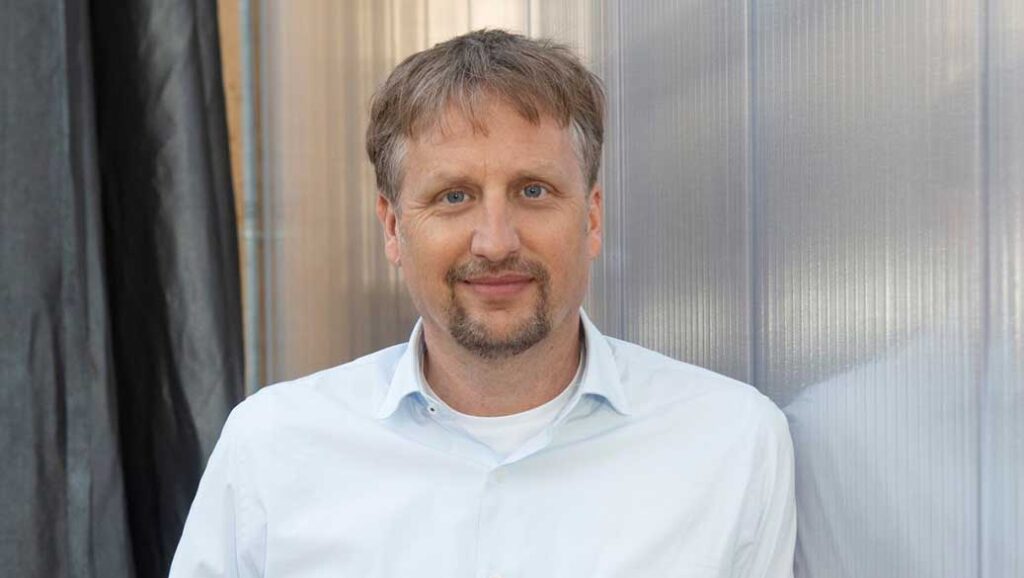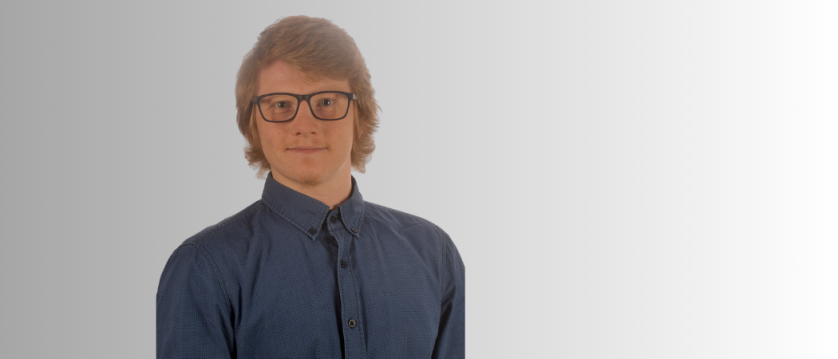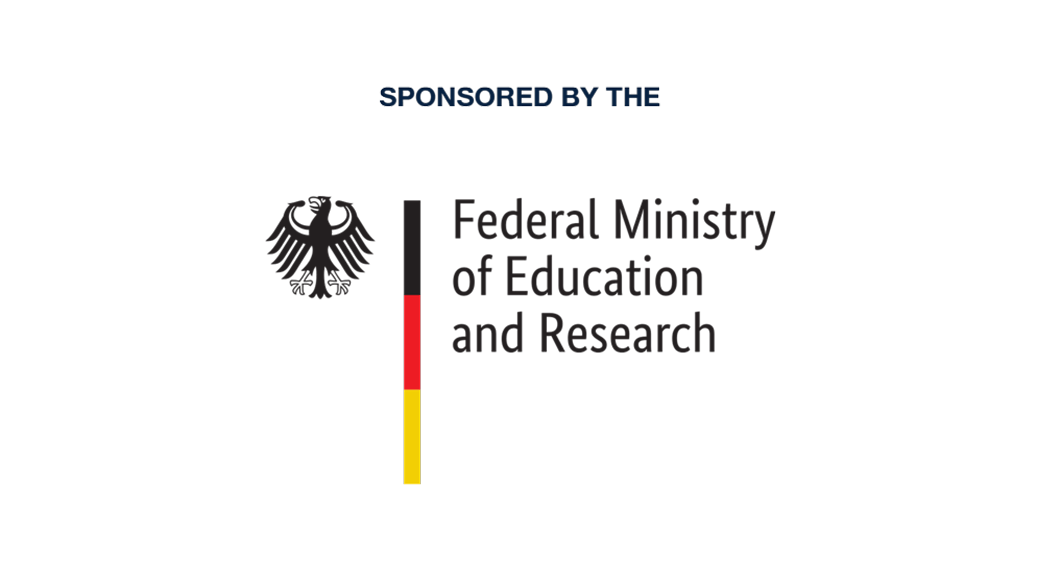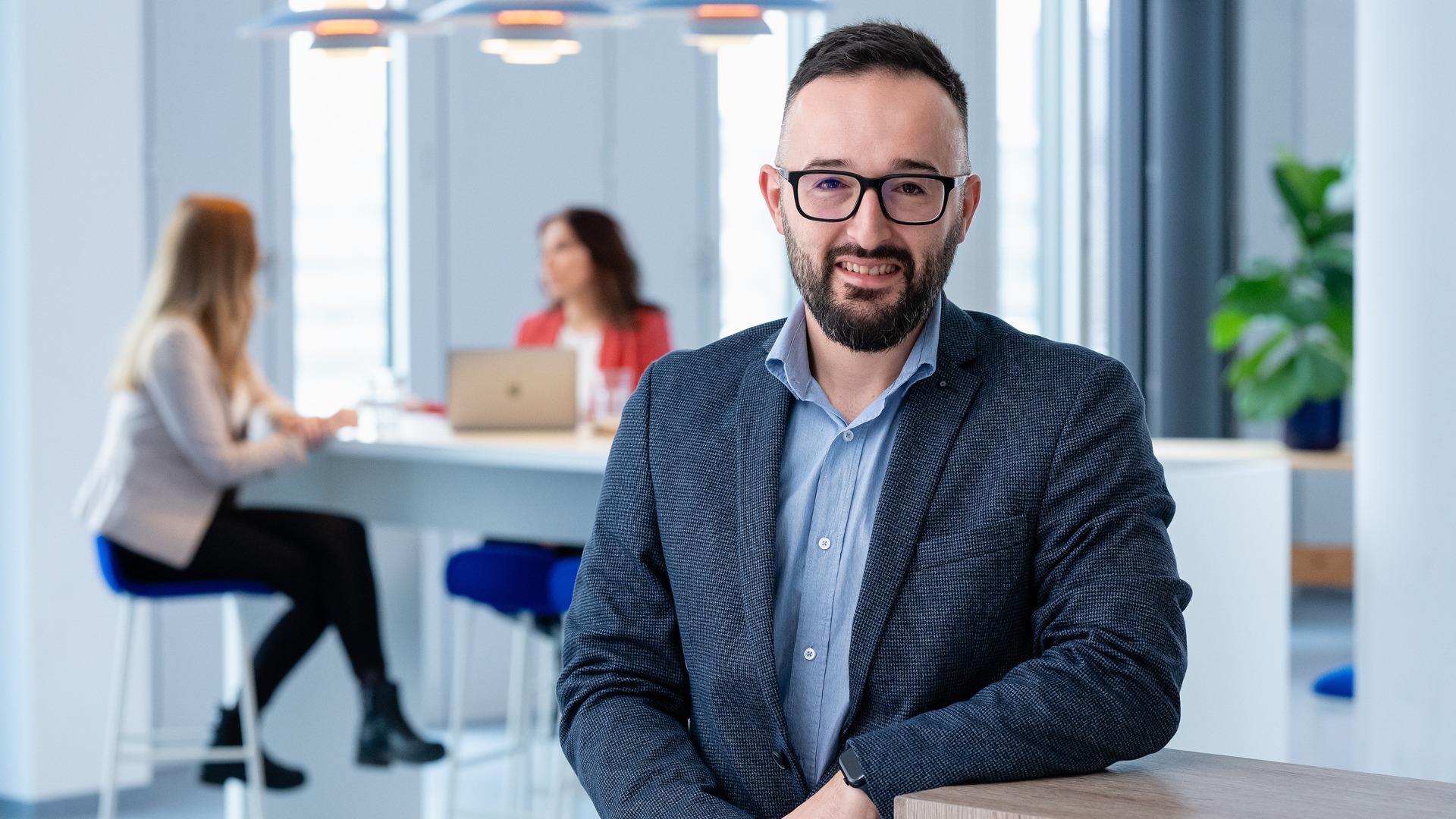Understanding the fundamentals of quantum principles You will develop a solid understanding of the fundamental principles of quantum mechanics to better grasp the functioning of quantum technologies and their applications.
Understanding the key terms You will learn the key terms and concepts used to describe quantum technologies. This will enable you to actively participate in technical discussions on quantum technologies and deepen your understanding in this area.
Evaluating the potential of quantum technologies In particular, you will discuss the potential and limitations of quantum technologies, the current state of quantum technology, and the prospects for the next three to five years. Based on this knowledge, you will learn to assess current examples of quantum technologies from media coverage.
